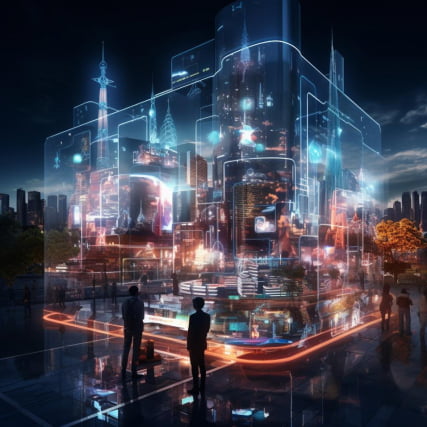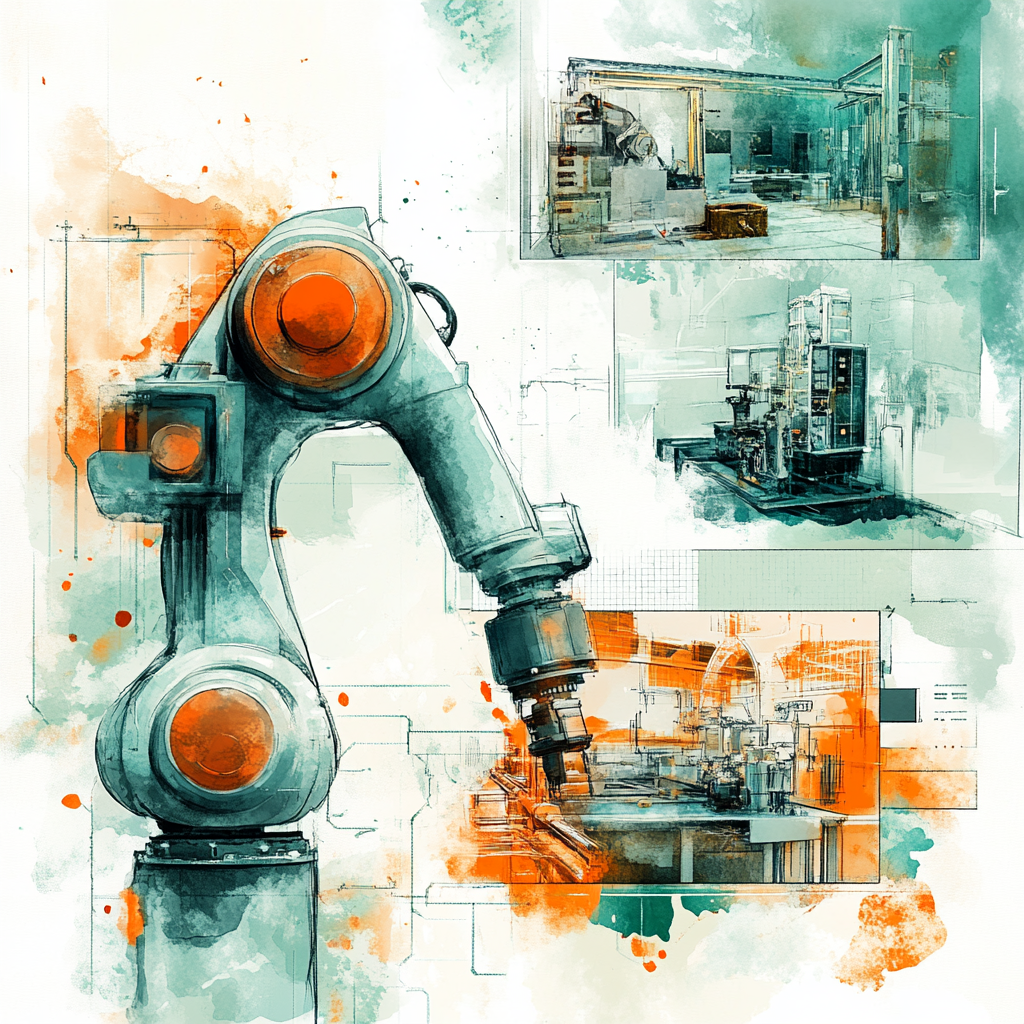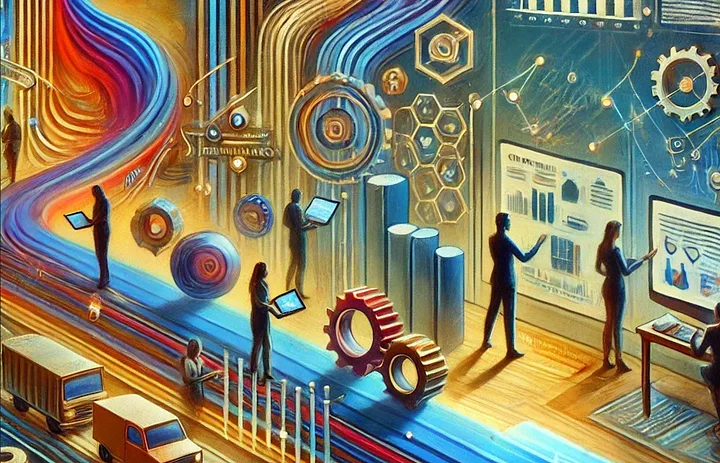Artificial Intelligence (AI) has recently been the subject of much debate and speculation. The discourse surrounding AI has been a mixed bag, with some heralding it as the harbinger of a new era of technological advancement while others view it with a sense of trepidation. The question is, where does the truth lie?
The New York Times recently published an article detailing a tech columnist’s unsettling interaction with an AI chatbot. This, coupled with an open letter calling for a moratorium on AI research and the dramatic resignation of Geoffrey Hinton, often called the “godfather of AI,” from Google, has sparked a wave of concern among the public. This concern was further amplified when OpenAI CEO Sam Altman testified before Congress, expressing his fears about the potential harm AI could cause to the world.
Public Perception
But what does the public think? A recent poll by Reuters revealed that more than half of Americans believe AI threatens humanity’s future. This is a significant statistic, indicating widespread apprehension about the potential negative impacts of AI. But is this fear justified?
AI is a broad term that encompasses a wide range of technologies. AI is a multifaceted field with diverse applications, from recommendation algorithms that curate content on platforms like YouTube and Netflix, to large language models like ChatGPT, to models that can design complex protein architectures. But the public perception of AI is skewed towards the negative, with less focus on the potential benefits it can offer.
Consider the field of biotechnology and medicine, where AI holds enormous promise. AI can help scientists discover stronger vaccines, power brain implants that aid disabled individuals in communication or assist in diagnosing conditions like Alzheimer’s. These are just a few examples of the positive impact AI can have.
Sebastian Thrun, a computer science professor at Stanford and the founder of Google X, argues that there needs to be more public awareness about the potential positive impact of AI. He believes AI can enhance people’s quality of life and increase efficiency. But the question remains: can the public perception of AI shift from fear to acceptance?
Top Public Opinion Concerns
Interestingly, despite the concern surrounding AI, it is not the primary worry for Americans. The economy, with 82% of respondents fearing a recession, and crime, with 77% supporting increased police funding, tops the list of concerns. This brings us to another critical aspect of the AI debate — job displacement.
As AI integrates more into the job market, there is a real risk of job displacement. However, universal basic income (UBI) could solve this problem. UBI could provide everyone with a basic income, regardless of their employment status, helping to offset job displacement caused by AI.
In conclusion, while AI does pose potential risks, it also offers significant benefits. We can ensure a smooth transition to an AI-driven economy with measures like UBI. The key lies in fostering a balanced understanding and perception of AI, which acknowledges its potential and challenges.



